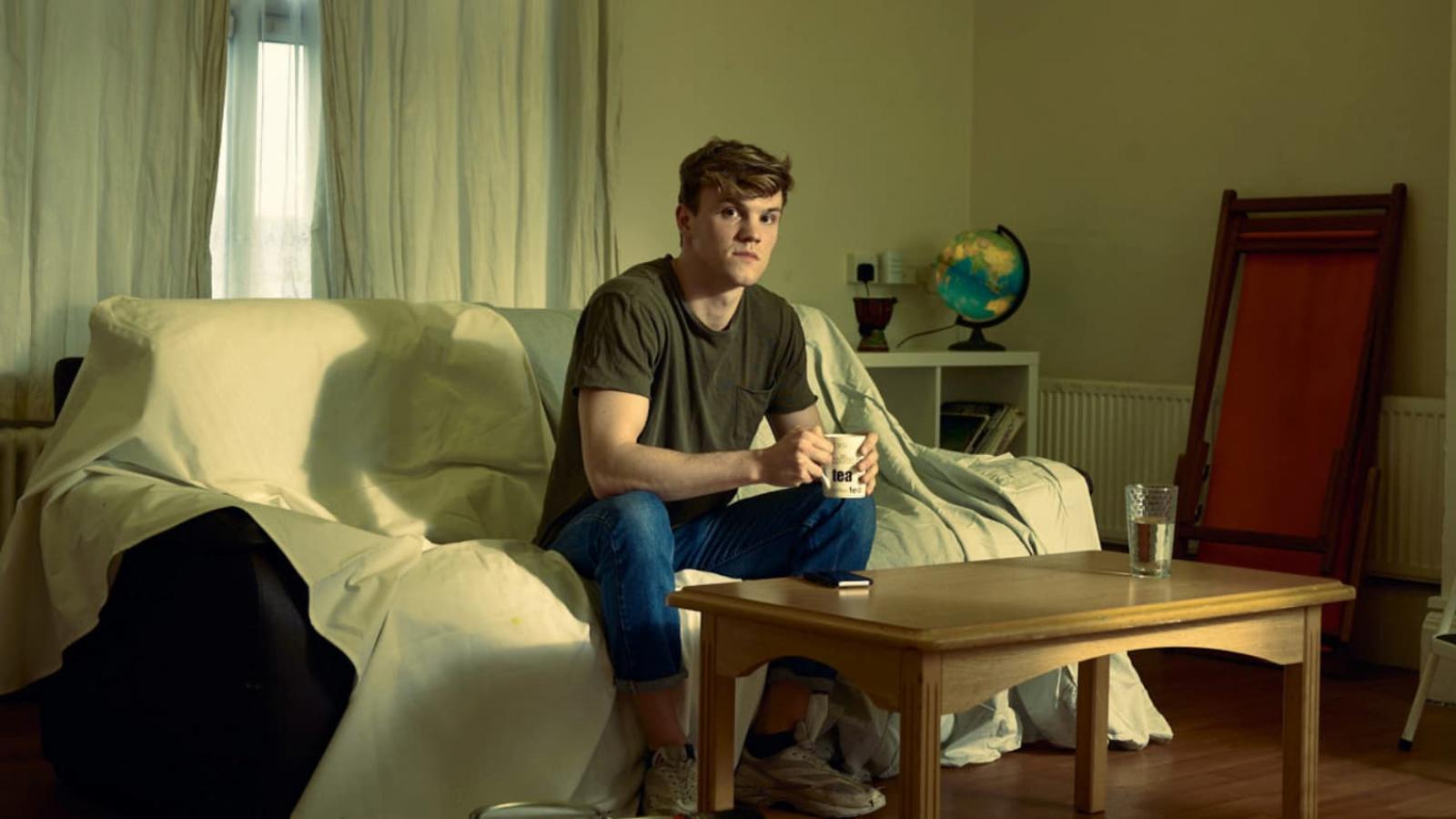Barnardo’s project worker Rosie Fortune leads research work on a project to find out the experiences of care leavers moving into their own accommodation when they leave care. She writes about what her teams work uncovered, and why the Care Leavers Report they developed is so vital to the lives of vulnerable young people.
Rosie's experiences
"In the 10 years since I left the care system I had hoped young people’s experiences of living in unsuitable, unsafe and unhealthy accommodation had been consigned to history.
But the last decade seems to have done nothing to improve accommodation for vulnerable young people who face living independently for the first time, usually at a much younger age than their peers. Knife fights happen outside the doors of vulnerable young people, crack cocaine smoked by neighbours seeps under their doors and girls who are survivors of sexual assault are placed in shared housing with older men. Furthermore, damp and mould problems can be bad enough to hospitalise otherwise healthy young people.
Having been in care myself and living through the difficult transition to living independently, my work as a researcher for the No Place Like Home report by children’s charity Barnardo’s and IKEA has been an insightful and emotional experience."
The report’s findings
"In the report, a group of honest, resilient young people, relate their sometimes horrifying experiences of being placed in different types of accommodation for ‘care leavers’.
Many told us they had been placed in unsafe and unsuitable accommodation with problems like mould, damp and antisocial neighbours being common. Often they felt unsafe, forced to share with people with drug and alcohol problems and some even told us how they had ended up homeless, living on the street or ‘sofa-surfing’.
The average age for leaving home in England is 23 and people often still receive some support from their parents when they start to live independently. Yet every year, around 10,000 young people in England aged 16-18 leave local authority care and are expected to manage alone before they feel ready.
A childhood spent moving between different schools, foster families and social workers means many young people leaving care enter adulthood without a strong support network, leaving them particularly vulnerable.
They have often experienced trauma, neglect and abuse, face additional barriers to accessing education, employment and training and are at greater risk of poverty, homelessness, and poor mental health."
The experiences of young people in and leaving care
"While some people’s experiences were positive, most of the young people I interviewed echoed my own experiences of facing daily difficulties and stress, living in accommodation that is supposed to help you thrive.
A 17-year-old girl was placed in a hostel with people openly taking drugs and drinking alcohol, where people would steal from other residents. She then became involved in drugs and alcohol herself and her mental health suffered.
Another young girl was afraid to leave her room to go to the bathroom at night because older men would hang around in the corridor. Another young person witnessed knife fights outside their door and said crack cocaine smoke would seep into their room.
Damp and mould problems were so extreme for one girl that her breathing was so badly affected she ended up in hospital with a blood clot and fluid in her lungs."
A place to call home
"Housing is so important for positive outcomes in other areas of life. I know from my own experience that how you feel about where you live - the place you are supposed to call home - directly effects your mental health and your ability to make progress in other areas of your life like getting a job and managing your finances.
When I moved into my first independent flat after living in supported accommodation for 18 months, I felt like a failure when it didn’t work out and I had to admit I needed more support. The thought of having to go back into supported accommodation haunted me and I was worried what people would think of me. But if I had the right support, if I was told from the beginning that some people find it difficult, and needing extra support doesn’t mean you've failed, things would have been very different.
I have been asked whether I’m shocked by our findings, and I am sad to say I’m not. - I hear these problems much too often.
The accommodation available to care leavers is simply not good enough. No one would think it’s good enough for their own children, so why is it good enough for vulnerable young people that the state is responsible for?
The Government has a once in a generation opportunity to change all this with the Independent Review into Children’s Social Care. I really hope that they will read our report, talk directly to care leavers, and invest in the vital changes we need."
Support for young people leaving care
Read more about the support we offer young people leaving care in finding work, education, housing and financial support.
Find out about our Gap Homes initiative
Our innovative new project builds houses specifically for care leavers allowing them somewhere safe and stable to call home.
Support our calls for change to the care system
We campaign to make the experiences of being in and leaving care better for young people across the country. Find out more about our latest campaigns.

